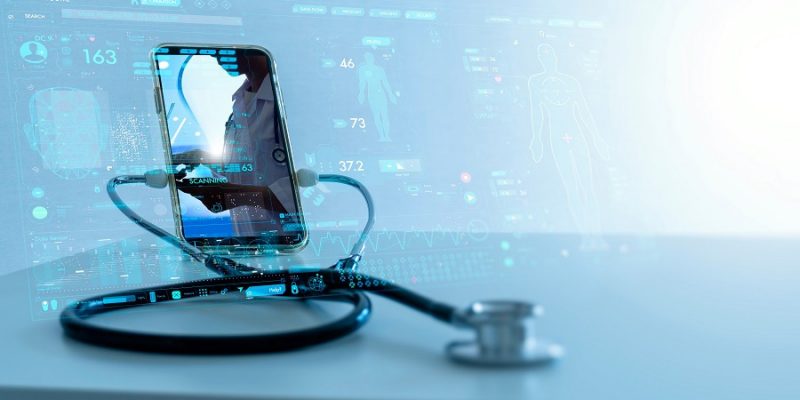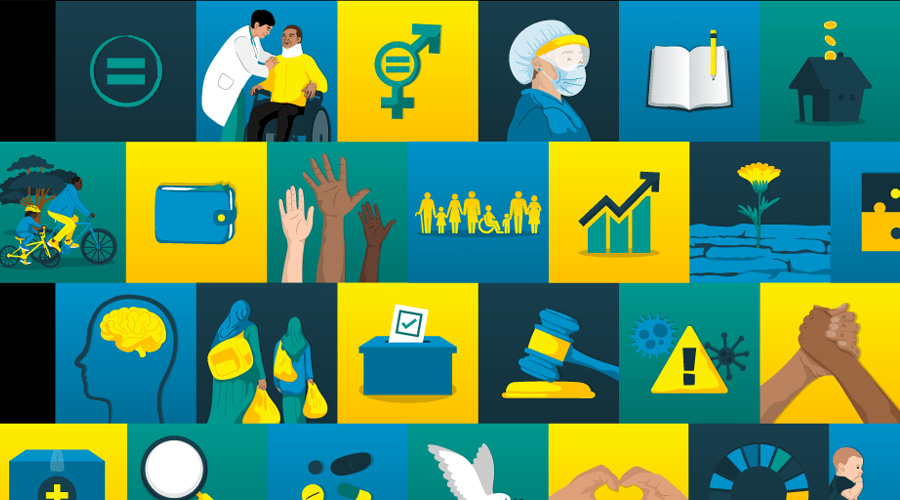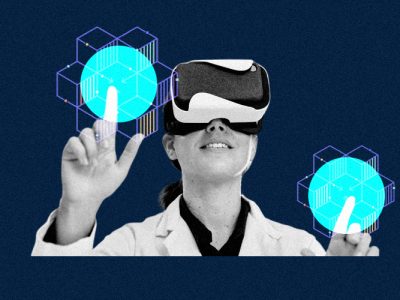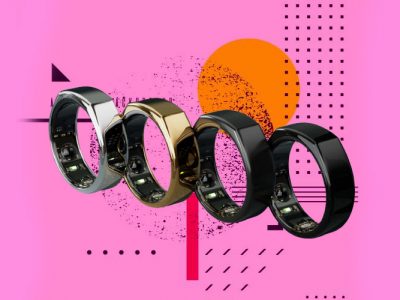
Big pharma companies are making their place strong in digital health
Last month, it was announced that big pharma companies like AstraZeneca anticipated obtaining a stake worth up to £25m ($33m) in Huma, a UK-based company whose platform supports digital health hospitals at home’ and supports decentralized medical trials. The healthcare industry platform combines foretelling algorithms, digital biomarkers, and real-world data to hold up ‘proactive, predictive concern and research’. At the identical time, Huma will obtain AstraZeneca’s AMAZE, a renowned disease management platform for asthma and heart failure patients. The two big pharma companies also plan to partner to begin software as a medical device companion app for mobile devices and digital health tools, as well as speed up the adoption of decentralized medical trials. ResApp Health (Pharma industry) has developed Smartphone apps for the diagnosis and administration of respiratory diseases, like asthma, pneumonia, bronchiolitis, and chronic obstructive pulmonary disease (COPD). The technology uses artificial intelligence (AI) to analyze and compute the harshness of conditions using the sound of a patient’s cough. Two apps have been accepted for marketing in Australia and Europe: ResAppDx can differentiate respiratory diseases and can be used in telehealth, emergency department, and primary care settings, while SleepCheck allows people to self-assess their risk of sleep apnea. Digital health technology may be used throughout the pharmaceutical cost chain. For example, technology along with apps, digital health tools, and wearables are an indispensable part of decentralized medical trials and are used for critical signal tracking, gathering digital medical final results assessments, facilitating digital visits with investigators, and tracking investigational drug adherence.
They also can be used to generate and gather virtual biomarkers, which can be measures collected via way of means of sensors embedded in linked devices. For example, microphones may be used to detect voice biomarkers, excellent motor abilities may be examined with the aid of using swiping and typing on contact screens, and electrocardiogram sensors in smartwatches can measure heart rate variabilities to detect situations that include atrial fibrillation. In post-advertising settings, real-global proof generated from digital gadgets can offer higher information on product tolerability and toxicity profiles, offer higher insights into drivers of adherence, permit remote tracking of product safety, and combine the affected person revel into research. In income and advertising, they may be used in ‘past the pill’ offerings and offer medicine adherence, far-flung tracking, persistent disease control, and selection aid equipment for patients and healthcare professionals (HCPs).
To put into effect that technology, big pharma companies usually forge partnerships and collaborations with unique virtual health companies, be they digital trial vendors, wearable era companies, or mobile app and digital healing developers. In the closing month, however, there had been numerous digital health merger and acquisition (M&A) and equity offers with the aid of using big pharma companies.
Because of the Covid-19 lockdown and social distancing measures, there was a surge in demand for options for in-person care, with many regions of digital health thriving which include digital trials, telemedicine, and remote patient tracking. As a result, many technologies that permit the far-flung tracking of sufferers have discovered everlasting vicinity in the delivery of care, because the benefits to multiple stakeholders had been proven to be wide-reaching. The pharma industry desires to capitalize on this new generation of healthcare and needs to combine those technologies throughout its value chain to aid its customers. GlobalData expects additional deal-making activity except for traditional partnerships as pharma companies that are used to strengthen their digital health offerings to patients.



















